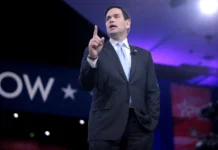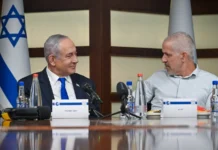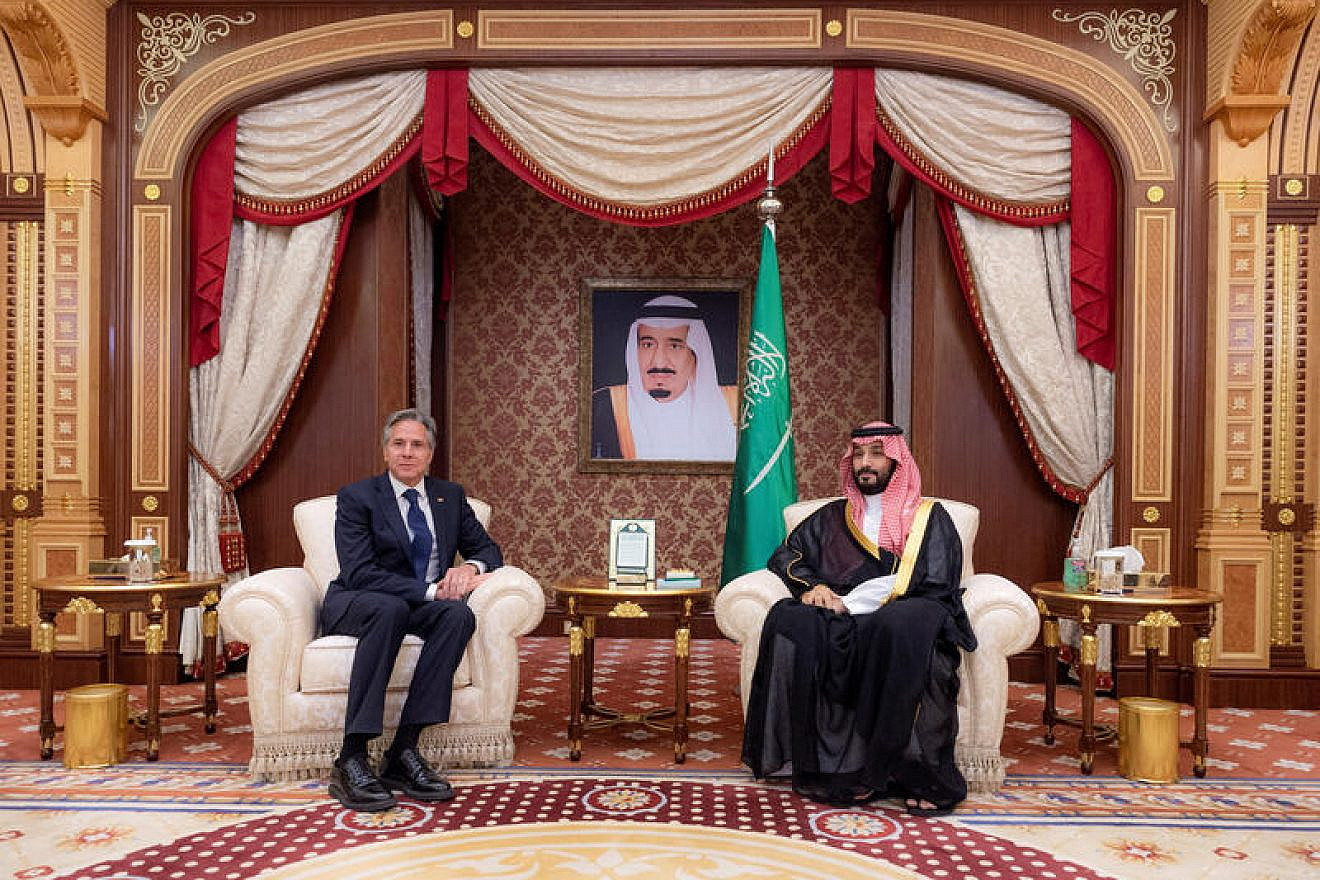There has been a flurry of reports from U.S. officials on the possible normalization deal between Saudi Arabia and Israel under American auspices. Such reports dovetail with similar claims about a year ago that turned out to be divorced from reality. The United States probably wants to create a new dialogue with Riyadh, and as a result, normalization with Israel has come up.
The Saudis have been listening and responding with questions and demands of their own. Most of the requests that have come out of Mohammed bin Salman’s office deal with the United States rather than with Israel.
The Americans have tried to convince the Saudis that Israel’s government is not ready for concrete steps and for resuming negotiations with the Palestinians; instead, they offered that Jerusalem make preliminary gestures such as announcing a settlement moratorium in Judea and Samaria (including east Jerusalem) and other measures to make life easier for Palestinians.
The Saudis, on the other hand, have not been impressed by the U.S. offers, and insist that Israel take meaningful steps and enter into a real peace process with the Palestinians, regardless of the makeup of the government.
The Saudi palace knows full well that neither Benny Gantz nor Yair Lapid would be willing to sit in a government with Prime Minister Benjamin Netanyahu or allow him to bask in the sunlight of having made peace with the kingdom. The Saudis also don’t want to give Joe Biden’s administration a present in the midst of the U.S. presidential campaign, in part because of the bad blood stemming from his attacks on bin Salman over the killing of Jamal Khashoggi.
Senior officials in Saudi Arabia have also said that recent public-opinion polls show that an overwhelming majority of Saudis support peace with Israel—but only after the Palestinian issue is resolved.
MBS is unlikely to modify his terms for a deal with Israel at this point. What’s more, it appears that when it comes to handling the “Israeli” portfolio vis-a-vis the Americans, it is King Salman who is calling the shots, leaving MBS to deal with the requests made by Washington. The senior officials have also noted that Saudi Arabia’s requests include sophisticated weapon systems (among them F-35 fighter jets), creating nuclear power capabilities, a defense alliance, setting oil prices, preserving Saudi Arabia’s status as the leader of the Arab-Muslim worlds and a whole host of agreements on energy and trade.
Saudi Arabia today is at a much more optimal place than it was a decade ago: It is courted by practically every world power—from China and rich southeast Asian powers to Russia and the European Union, as well as by the United Kingdom, which has been trying to become an influential global country once again.
The current Biden administration is of little interest to the royal palace, sources in Riyadh say, adding that the kingdom will wait until the outcome of the 2024 election is clear before potentially deciding on what’s next. Until then, Netanyahu must rethink the current makeup of the coalition and the way he has conducted himself vis-a-vis the Palestinians, according to a senior Saudi source.
Majdi Halabi is the Israel affairs correspondent for the London-based Arabic-language news website “Elaph.”
Originally published by Israel Hayom.


























